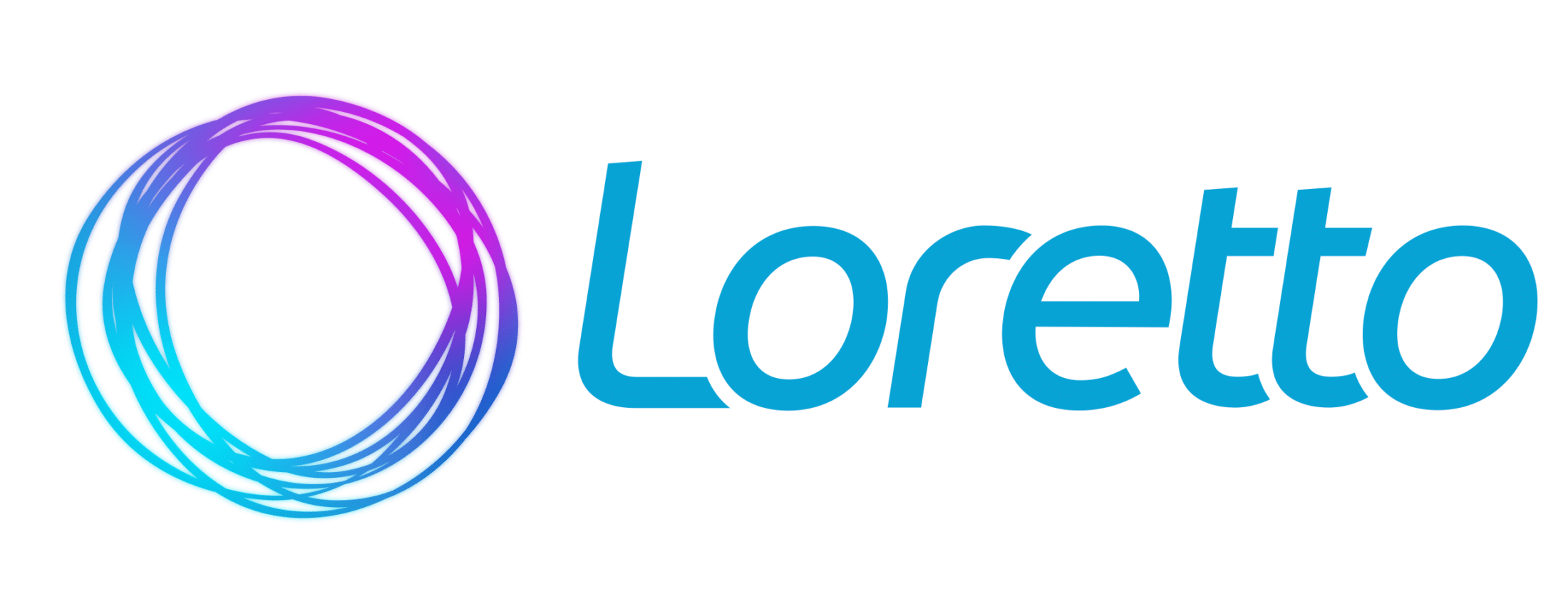
National Healthcare Decisions Day is recognized on April 16th every year. Why? It was started by The Conversation Project to inspire, educate and empower the public and healthcare providers about the importance of advance care planning. This is an annual reminder for YOU – about the importance of talking with your loved ones now regarding your health care wishes especially for end of life, and documenting those wishes.
As we all age, this important process starts with an honest conversation about your wishes so they are understood and respected. This includes identifying representatives who can carry out your wishes – perhaps one of your children or a sibling – and creating a plan so your needs and wishes can be met should you not be able to speak for yourself.
This may seem overwhelming, and might even feel unnecessary now, but it is so important to take care of these things before you or your family is in an urgent and emotional situation.
The two main components of an Advanced Care Plan are the Healthcare Proxy and the Power of Attorney:
- The healthcare proxy guides the management of your medical needs, such as whether or not you would want to be on a ventilator or to have extraordinary measures taken.
- A power of attorney gives authority to a designee to manage your legal and financial needs, such as paying bills or executing your will.
The Healthcare Proxy and Power of Attorney are two different things, so make sure you address both.
And in New York, it’s also important to have a Medical Orders for Life-Sustaining Treatment, sometimes abbreviated as MOLST. This agreement is crafted between an individual and his or her physician and will be used to assist with medical decisions.
Your “Advance Care Plan” includes these documents and when done correctly, is the result of a series of conversations with loved ones so that you and your loved ones are prepared no matter what situation may a come up.
When you are starting to consider care for a loved one in an assisted living facility or nursing home, these are the first documents that are required as part of the admissions process. If you already don’t have them in place, we have a team at Loretto that can help develop a proxy directive that covers the legal and medical specifics of your wishes.
“A proxy directive states what you want in all aspects of care. The elements behind the proxy become your voice. Some people are very specific on their proxy. It all starts with a discussion between the family, social workers, health care providers and nurse practitioners,” says Lisa Llanos, Director of Social Work at Loretto. “We really hope that everyone uses National Healthcare Decisions Day to at least start these conversations. You and your family will be thankful later!”
Some questions to consider as you prepare these documents are:
- Who would you want to speak for you if you couldn’t speak for yourself?
- Under what circumstances would you want to be put on a ventilator?
- Under what circumstances would you want to be taken off a ventilator?
- Would you want to be put on unproven medical therapies?
- Who do you trust to access your bank accounts and financial investments?
Not sure where to start? Have a conversation with your family physician and/or your personal attorney. For more information, visit The Conversation Project’s website which has a wealth of resources and information: https://theconversationproject.org/nhdd/
